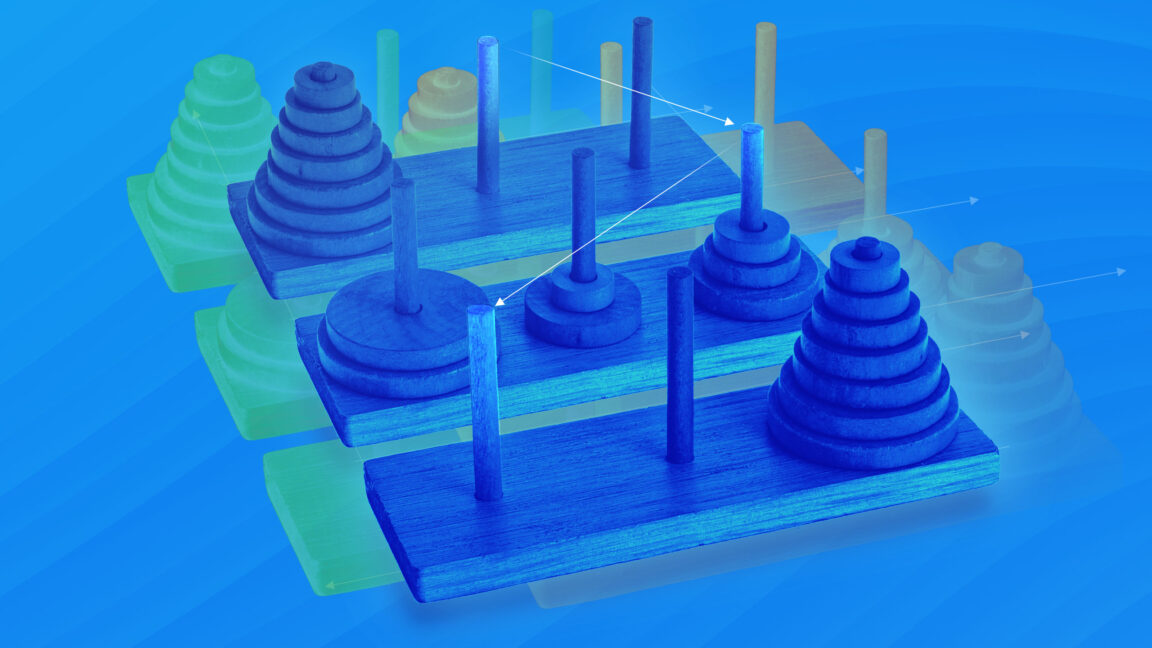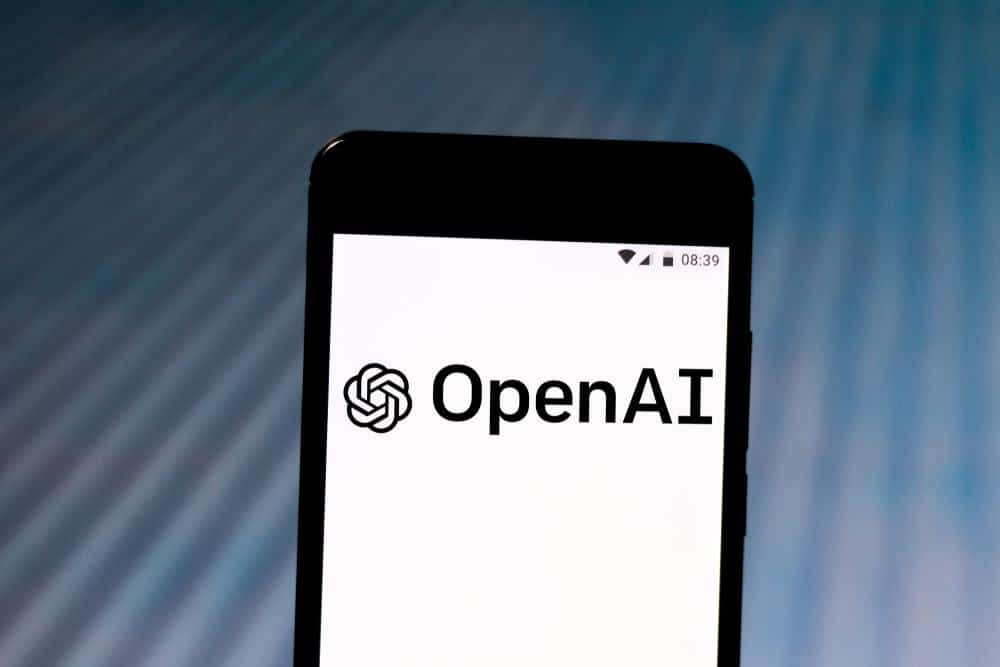#reinforcement-learning
#reinforcement-learning
[ follow ]
#artificial-intelligence #machine-learning #openai #language-models #ai #ai-agents #robotics #open-source
fromTechCrunch
2 weeks agoAI chip startup Ricursive hits $4B valuation two months after launch | TechCrunch
Ricursive Intelligence, a startup building an AI system to design and automatically improve AI chips, has raised $300 million at a $4 billion valuation. The company said Monday the round was led by Lightspeed. Ricursive says the system will be able to create its own silicon substrate layer and speed up AI chip improvements. Rinse and repeat to get to AGI, the founders say.
Artificial intelligence
fromFortune
2 weeks agoAI drug startup Insilico Medicine launches an AI 'gym' to help models like GPT and Qwen be good at science | Fortune
Generalist models "fail miserably" at the benchmarks used to measure how AI performs scientific tasks, Alex Zhavoronkov, Insilico's founder and CEO, told Fortune. " You test it five times at the same task, and you can see that it's so far from state of the art...It's basically worse than random. It's complete garbage." Far better are specialist AI models that are trained directly on chemistry or biology data.
Science
Artificial intelligence
fromBusiness Insider
1 month agoThis startup is helping companies train AI with an old but buzzy technique. Read the pitch deck it used to raise $7.5 million.
AgileRL raised $7.5M to expand Arena, a reinforcement-learning platform that accelerates AI model training, simulation, fine-tuning, and monitoring.
fromPsychology Today
1 month agoThe Dopamine Loop: Why Arguments Are Hard to Let Go
Ever had a song stuck in your head long after the music stopped? Or found yourself replaying an argument-what you said, what you wish you had said, or how it might unfold next time? These mental loops aren't random; they're driven by a powerful feedback system in your brain. That's why catchy tunes stick and arguments replay in your head: Your brain isn't just being stubborn or "obsessed." It's looping with a purpose-like running practice drills.
Psychology
Information security
fromFortune
1 month agoOpenAI says AI browsers like ChatGPT Atlas may never be fully secure from hackers-and experts say the risks are 'a feature not a bug' | Fortune
Prompt injection enables hidden malicious instructions that can coerce AI browsers into leaking data or performing harmful actions, posing persistent security risks for web-connected agents.
fromThe Verge
2 months agoThe AI industry's biggest week: Google's rise, RL mania, and a party boat
Reinforcement learning (RL) is the next frontier, Google is surging, and the party scene has gotten completely out of hand. Those were the through lines from this year's NeurIPS in San Diego. NeurIPS, or the "Conference on Neural Information Processing Systems," started in 1987 as a purely academic affair. It has since ballooned alongside the hype around AI into a massive industry event where labs come to recruit and investors come to find the next wave of AI startups.
Artificial intelligence
Artificial intelligence
fromBusiness Insider
2 months ago'The era of data-labeling companies is over,' says the CEO of a $2.2 billion AI training firm
Basic data-labeling is becoming obsolete; AI training requires complex, real-world data, reinforcement-learning environments, and domain experts forming proactive research partnerships.
Artificial intelligence
fromFortune
2 months agoTwo Gen Zers turned down millions from Elon Musk to build an AI based on the human brain-and it's outperformed models from OpenAI and Anthropic | Fortune
Two young researchers built and open-sourced a high-quality-data trained LLM using reinforcement learning, declined a multimillion-dollar xAI offer, and pursued a brain-inspired architecture.
#artificial-intelligence
Artificial intelligence
fromInfoQ
8 months agoPrime Intellect Releases INTELLECT-2: A 32B Parameter Model Trained via Decentralized Reinforcement
PRIME Intellect's INTELLECT-2 leverages decentralized asynchronous reinforcement learning for enhanced efficiency and flexibility in model training.
Asynchronous training facilitates a significant improvement in performance across various tasks compared to previous models.
fromKotaku
2 months agoRobot Olaf From Frozen To Haunt Disney Parks Next Year
"Our latest Olaf is a fantastic example of representing an animated character as authentically as possible in the physical world-a challenging task because animated characters most often move in non-physical ways," Kyle Laughlin, senior vice president of Walt Disney Imagineering Research & Development, said in a news release . "For example, to make Olaf's snowball feet move along his body, we paired state-of-the-art deep reinforcement learning with an artistic interface and advances in mechanical design."
Artificial intelligence
fromInfoQ
2 months agoOlmo 3 Release Provides Full Transparency Into Model Development and Training
The Allen Institute for Artificial Intelligence has launched Olmo 3, an open-source language model family that offers researchers and developers comprehensive access to the entire model development process. Unlike earlier releases that provided only final weights, Olmo 3 includes checkpoints, training datasets, and tools for every stage of development, encompassing pretraining and post-training for reasoning, instruction following, and reinforcement learning.
Artificial intelligence
fromwww.nature.com
3 months agoOlympiad-level formal mathematical reasoning with reinforcement learning
A long-standing goal of artificial intelligence is to build systems capable of complex reasoning in vast domains, a task epitomized by mathematics with its boundless concepts and demand for rigorous proof. Recent AI systems, often reliant on human data, typically lack the formal verification necessary to guarantee correctness. By contrast, formal languages such as Lean1 offer an interactive environment that grounds reasoning, and reinforcement learning (RL) provides a mechanism for learning in such environments.
fromInfoQ
3 months agoMeta and Hugging Face Launch OpenEnv, a Shared Hub for Agentic Environments
Meta's PyTorch team and Hugging Face have unveiled OpenEnv, an open-source initiative designed to standardize how developers create and share environments for AI agents. At its core is the OpenEnv Hub, a collaborative platform for building, testing, and deploying "agentic environments," secure sandboxes that specify the exact tools, APIs, and conditions an agent needs to perform a task safely, consistently, and at scale.
Artificial intelligence
Startup companies
fromTechCrunch
3 months agoMercor quintuples valuation to $10B with $350M Series C | TechCrunch
Mercor raised $350 million at a $10 billion valuation to scale its domain-expert model-training marketplace, expand reinforcement-learning infrastructure, and pursue an AI recruiting marketplace.
fromFortune
3 months agoThe next 'golden age' of AI investment | Fortune
But reasoning models have changed the game, Midha said, referring to the new generation of AI systems designed to "reason"problems step by step, mimicking logic and reflection rather than predicting the next word in a sequence. These models can evaluate their own outputs better, break complex tasks into sub-tasks, and learn from feedback, potentially bringing AI closer to complex, real-world problem-solving.
Venture
Artificial intelligence
fromwww.nature.com
3 months agoDiscovering state-of-the-art reinforcement learning algorithms
Machines can autonomously discover state-of-the-art reinforcement learning rules via meta-learning across many agents and environments, outperforming hand-designed algorithms on Atari and other benchmarks.
Gadgets
fromYanko Design - Modern Industrial Design News
3 months agoYamaha's AI Motorcycle Picks Itself Up Off the Ground After It Falls - Yanko Design
MOTOROiD:Λ is an AI-driven electric motorcycle that learns in simulation, autonomously balances, self-rights, and adapts through reinforcement learning and Sim2Real technology.
fromPsychology Today
5 months agoWhy AI Cheats: The Deep Psychology Behind Deep Learning
A few months ago, I asked ChatGPT to recommend books by and about Hermann Joseph Muller, the Nobel Prize-winning geneticist who showed how X-rays can cause mutations. It dutifully gave me three titles. None existed. I asked again. Three more. Still wrong. By the third attempt, I had an epiphany: the system wasn't just mistaken, it was making things up.
Artificial intelligence
Gadgets
fromYanko Design - Modern Industrial Design News
5 months agoThis Robot Vacuum Watches You Clean, Then Learns to Copy You: xLean TR1 Hands On at IFA 2025 - Yanko Design
xLean's TR1 is a dual-form robot that transforms into a handheld cleaner and learns user cleaning behaviors via RGB-D sensors and RLHF, improving autonomous cleaning.
Business intelligence
fromHackernoon
10 months agoThe Next Evolution in Business Process Improvement | HackerNoon
Business processes are standardized activities organizations use to achieve results.
AB testing and Reinforcement Learning provide dynamic strategies to assess and improve business processes.
Women in technology
fromHackernoon
2 years agoThe HackerNoon Newsletter: The Double Life of a TensorFlow Function (6/4/2025) | HackerNoon
AI companions are a multi-billion dollar industry, transforming from fantasy to reality.
Reinforcement Learning shapes technology and innovation through its simple yet impactful concept.
[ Load more ]





















